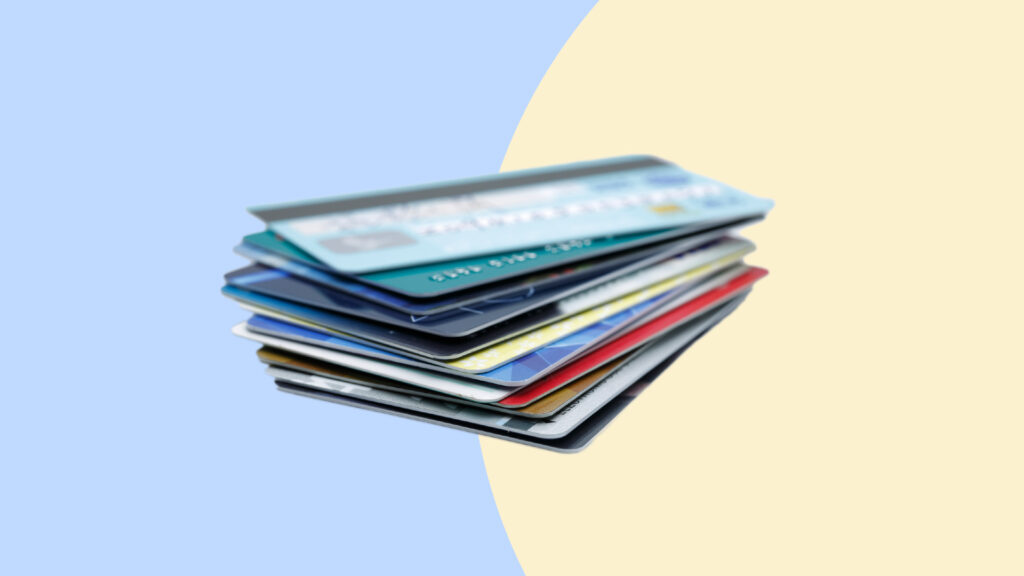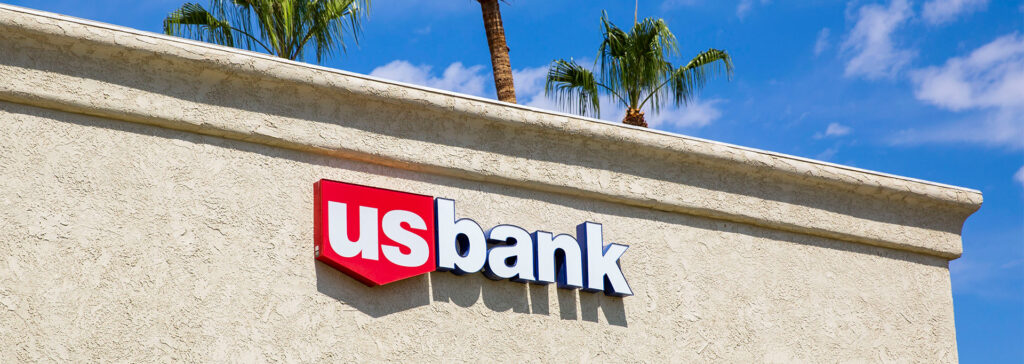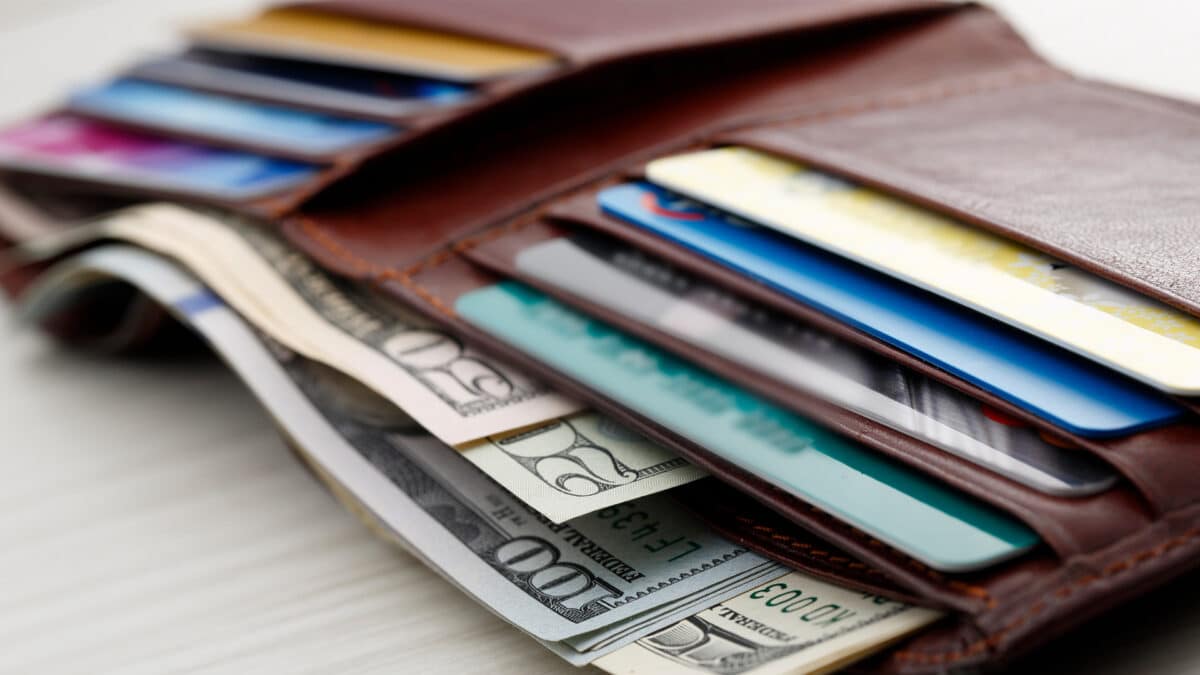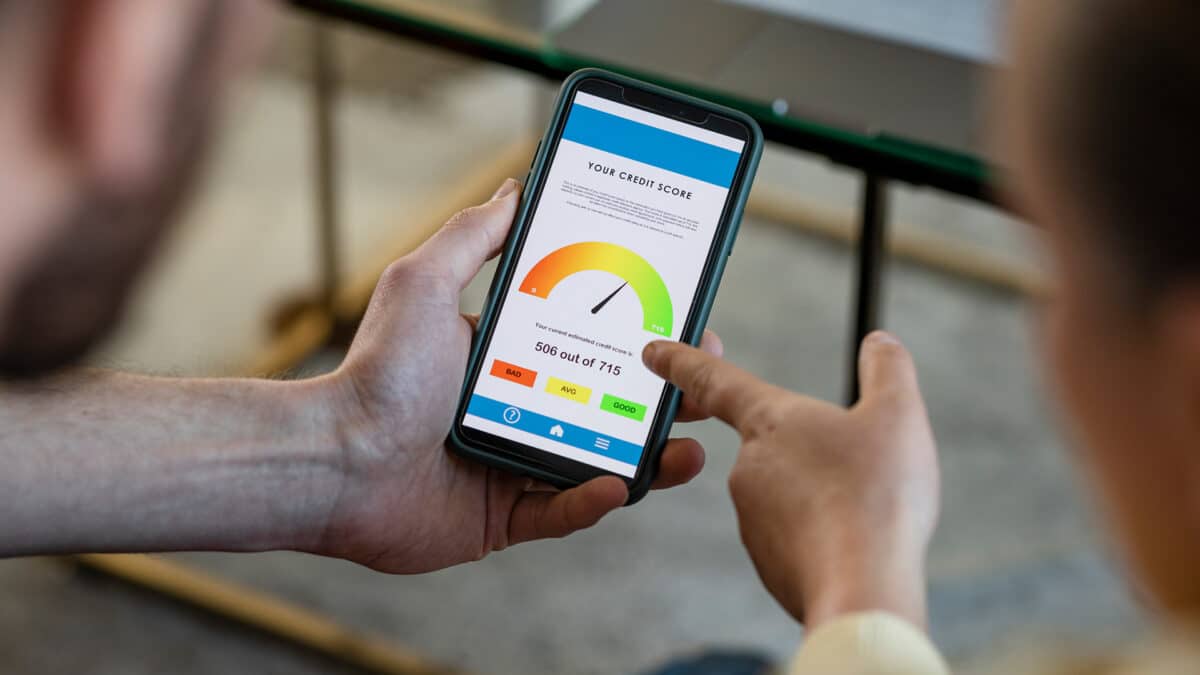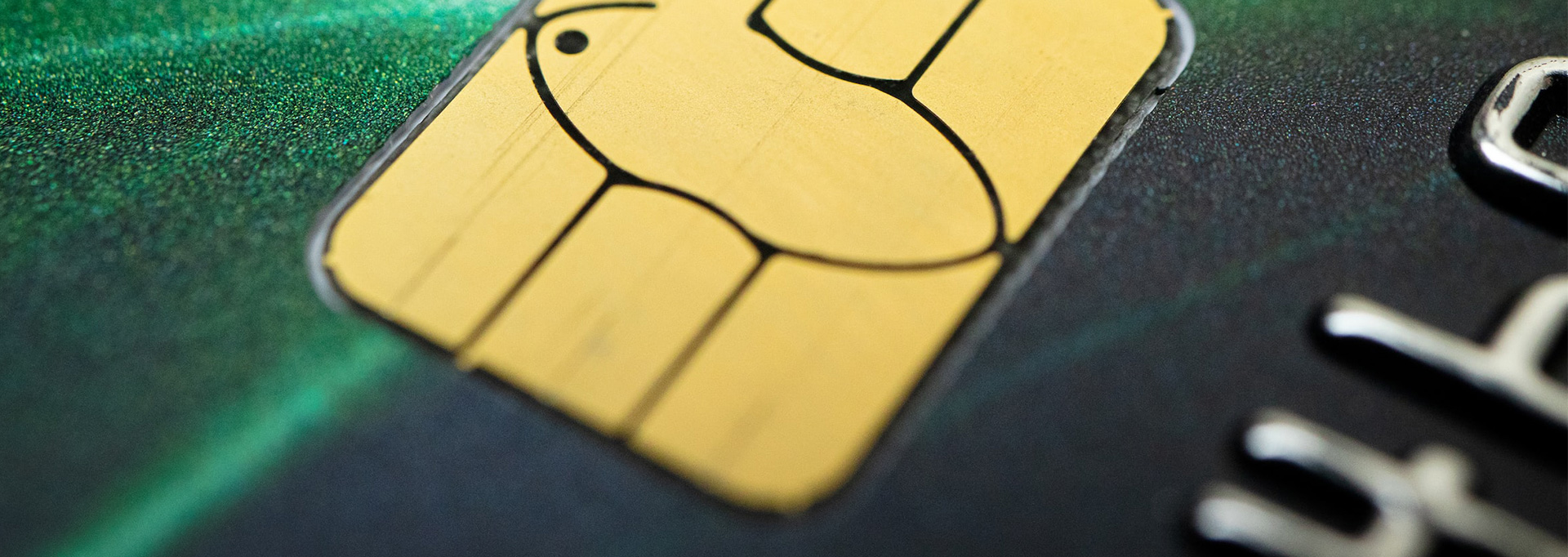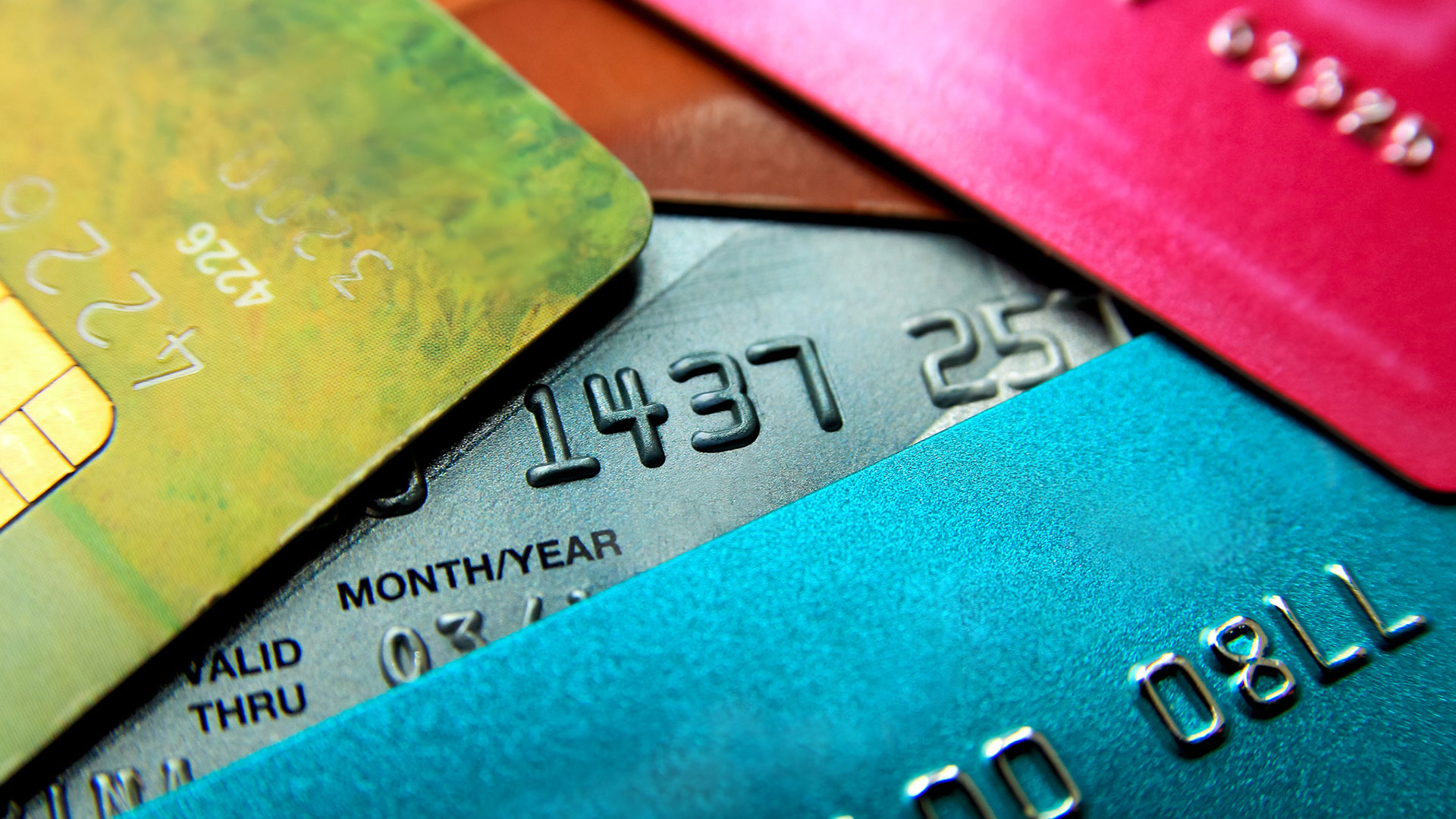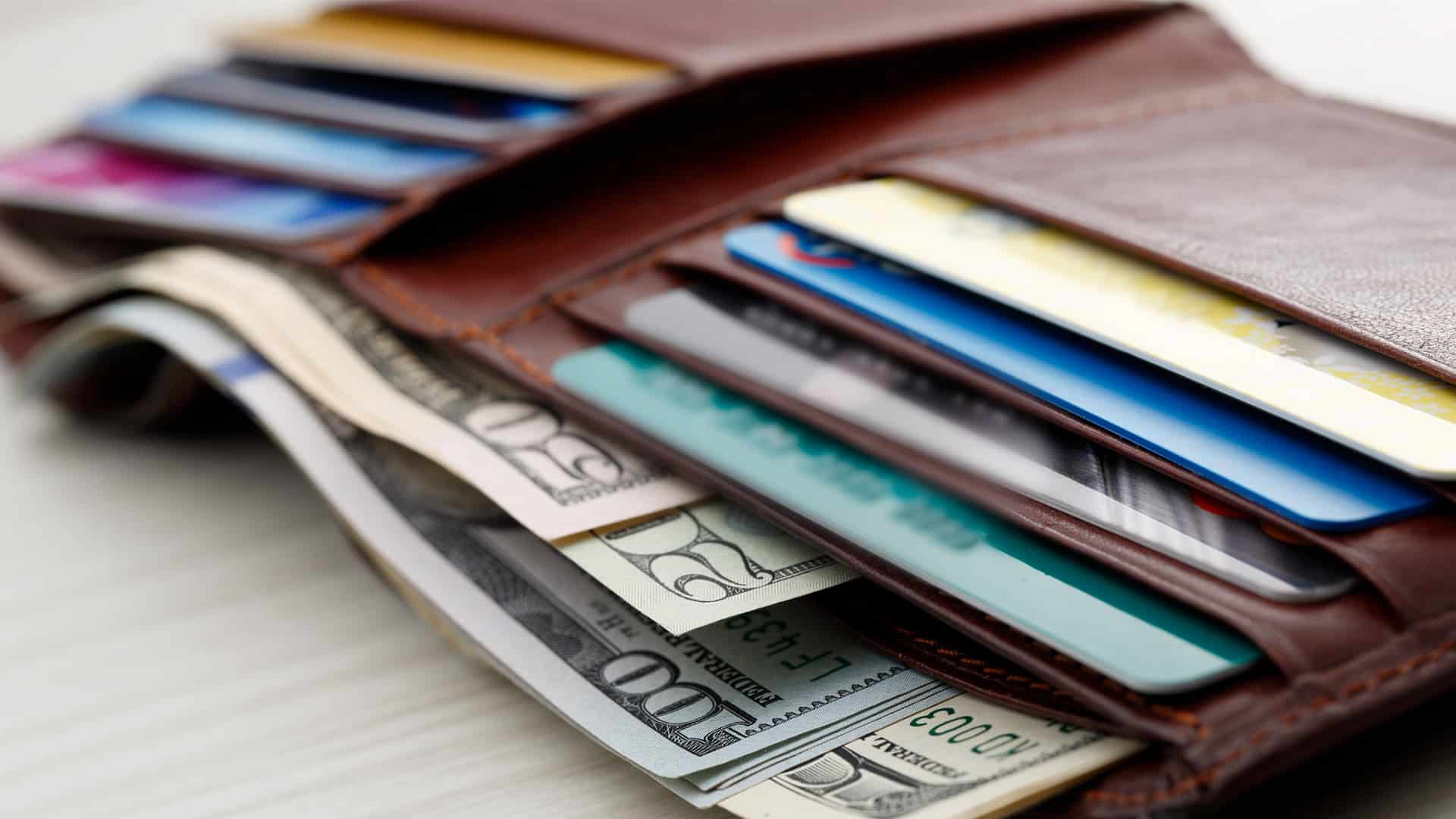Most products on this page are from partners who may compensate us. This may influence which products we write about and where and how they appear on the page. However, opinions expressed here are the author's alone, not those of any bank, credit card issuer, airline or hotel chain.
Making at least the minimum payment could help you keep your credit card account in good standing. It can also help you avoid incurring late payment penalties from your credit card issuer.
Yet over time, paying just the minimum amount due on your credit cards can be a risky financial
In general, it’s not wise to pay only the minimum payment due to your credit card company. This habit could cause your credit card debt to increase and cost you extra money in the form of expensive interest charges. To make matters worse, making only the minimum payment on your credit cards also has the potential to damage
How Credit Card Issuers Calculate Your Minimum Payment
The minimum payment on a credit card is the smallest amount you’re obligated to pay your credit card company each billing cycle there’s a balance on your account. Each credit card company sets up different terms and conditions where minimum payments are
Minimum payments might be one of the following:
- A flat percentage of your entire credit card balance (at your statement closing date).
- A percentage of your balance (at statement closing), plus new interest changes and late fees
(if applicable).
You can check your credit card agreement to learn more about how your credit card issuer calculates the minimum payment on your
 Related Article
Related Article
8 Tricks to Pay Off Credit Card Debt Faster
How Making the Minimum Payment Can Impact Your Credit Card Balance
It can be tempting to pay the bare minimum your card issuer requires each month, especially during times of financial instability. But unless you’re taking advantage of a 0% APR credit card offer, paying the minimum amount due can add up to some high-cost interest charges in a short
Here Are the Best Balance Transfer Cards
Visit the Marketplace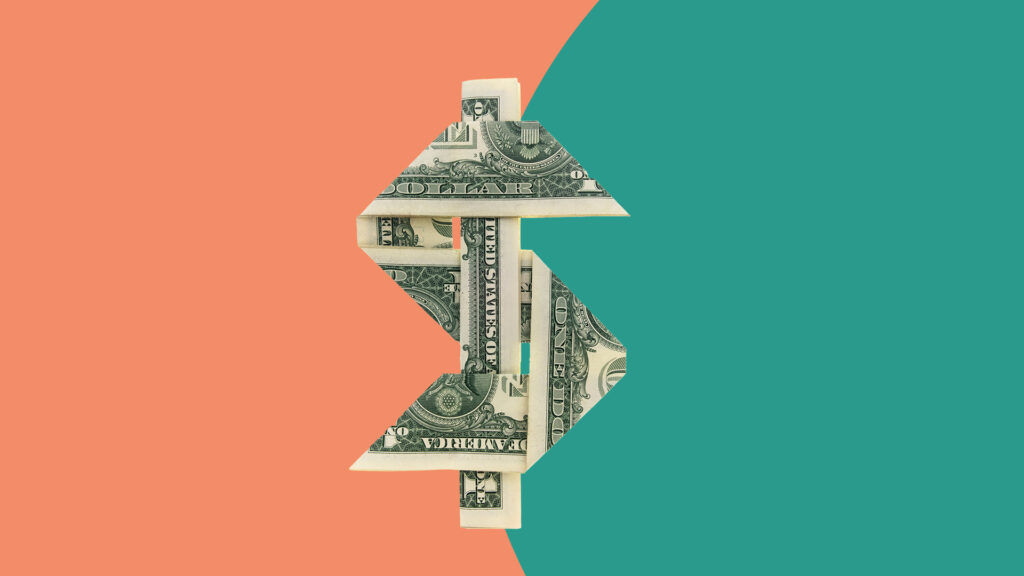
Repaying less than your full statement balance is especially risky in the current economic climate. In an effort to control inflation, interest rates have been on the rise in recent months — including credit card APRs. According to the Federal Reserve, the average interest rate for credit cards that assessed interest in Q1 2023 was
The consequences of paying only the minimum payment can be so high that federal law requires credit card companies to give cardholders a “minimum payment warning” on their credit card statement each month. According to the Credit Card Accountability Responsibility and Disclosure Act (CARD Act) of 2009, card issuers must show cardholders:
- How many months it would take to pay off their credit card balance if they made just the minimum payment.
- The total amount they would pay (interest and principal) if they paid just the minimum payment
each month.
Minimum Payment Example
Here’s an example of how much paying the minimum payment on your credit card could cost you over time. Imagine you have a credit card account with the following details:
- Credit Card Balance: $5,000
- APR: 21%
- Minimum Payment: 2% of Statement Balance
Assuming you made no new purchases and only made the minimum payment due each month, it would take you 56 years and two months to pay off your credit card debt. During that time, you would pay $32,996.56 to your credit card company. Only 15% of your payments would go toward principal while your card issuer would apply 85% of your payments toward interest
The example above shows one important reason why paying only the minimum amount due can be such an expensive mistake from a financial point of view. But there are other reasons why it’s critical to pay down your
How Making the Minimum Payment Can Impact Your Credit Score
A minimum payment habit also has the potential to lead to credit score damage over time. As your credit card balances increase, the credit utilization ratio on your credit reports may also go up. (Credit utilization is a term that describes the percentage of your credit card
High credit utilization could be bad for your credit score. With FICO credit scoring models, credit utilization is one of several factors that influences 30% of your FICO® Score. Therefore, if you pay the smallest amount due on your credit card each month and let your credit card balance-to-limit ratio creep upward over time, you could set yourself up for credit score problems
Times It’s Okay to Make Only the Minimum Payment
As a rule, you should aim to pay off your entire credit card statement balance each month. This approach is the best way to manage your credit cards over the long term. Yet there are a few instances where it could be acceptable to pay your credit card issuer the
- You’re facing a short-term cash crunch. Making the minimum payment should protect you from late payment fees, past-due credit reporting, and other negative consequences like triggering the penalty APR on your account. So, if you’re dealing with a financial setback that you expect to pass soon, it might make sense to pay the minimum due on your credit cards to make sure you have enough money left over to cover other necessities in the
meantime. - You’re paying down debt. Certain debt elimination strategies, like the debt snowball or debt avalanche, may require you to pay off your credit card balances in a certain order. When you follow these steps, you pick one credit card balance to pay down as aggressively as possible and make only the minimum payment due on your other accounts to keep them current. Once you pay off either the card with the lowest balance (debt snowball) or the card with the highest interest rate (debt avalanche), you move to the next account on your list and repeat the
debt-pay-down process .
Bottom Line
The best credit card offers often come packed with perks like rewards, sign-up bonus opportunities, travel benefits, and more. Yet it’s critical to pay more than the minimum amount due on your accounts.
Instead, aim to repay your full statement balance every month. Otherwise, the high interest charges for which credit cards are notorious can offset the value of any credit card benefits or rewards
Best Credit Cards
Visit the Marketplace